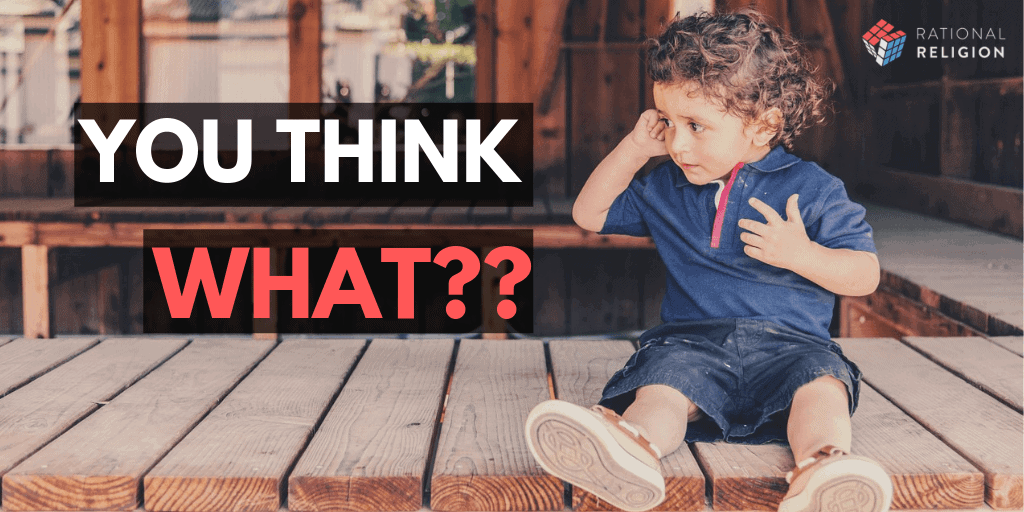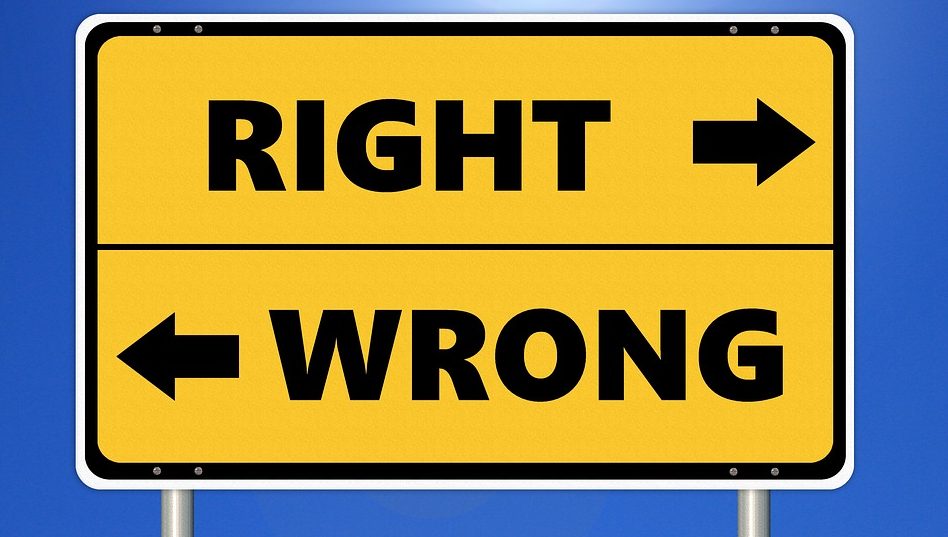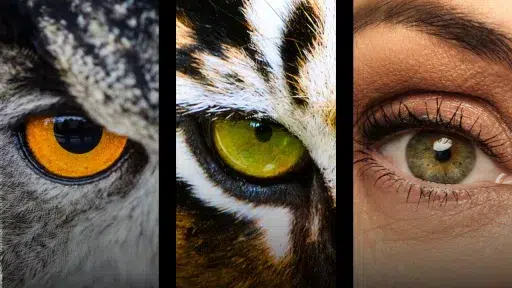Yes you read the title of this article correctly. Atheist philosophers from Australia have argued in the prestigious British Medical Journal that mothers should have the right to kill their newborn children, whether healthy or disabled, in their article “After-Birth Abortion: Why should the Newborn Baby Live?”
I’m going to try to rebut their awful, evil logic in as calm and collected a manner as possible. For a good dose of outrage at their morally reprehensible argument, please forward to the end of this article.
Let’s have a look at their argument first.
The Argument (if it can be called that)
1. A person is defined as someone “who is capable of attributing to her own existence some (at least) basic value such that being deprived of this existence represents a loss to her”.
By the way, note the use of the female pronoun instead of the male pronoun. Virtue signalling while advocating for the murder of babies. That’s a new one!
2. Newborn babies, according to them, like foetuses, don’t have a sense of their own personal value, and thus wouldn’t experience loss if you deprived them of their life.
3. Thus, a mother who does not want her child, for example, for economic reasons, has a greater right to kill the child, than the child has to live. Why? Because harm to a newborn that is not a person is better than permitting harm to come to a mother who is a person. This applies whether the child is healthy or not.
Falling off your seat yet? Wait for it. It gets worse.
4.Giving one’s child up for adoption is not a better solution to killing it, because adoption would cause the mother worse psychological damage than killing her healthy, newborn child. Apparently.
They also argue that we should refer to the murder of newborn babies as “Afterbirth abortion” rather than “infanticide” (despite the fact that you can’t abort a process that is already finished, dummies). They also argue that children with Down’s syndrome pose a possibly unacceptable economic burden on society and therefore mothers would have an acceptable reason to kill them in the postnatal period too. This comes right on the heels of accepting that such children can live equally fulfilled lives as children without Down’s syndrome.
Go figure.
Let’s examine each aspect of their reprehensible argument, step by step.
The Rebuttal
Firstly, where did they get their definition of a “person” from? They just made it up. And on the basis of that faulty definition, proceeded down an awfully dark rabbit hole.
A person is not only someone who has a “sense of their own existential value”. If that is the case, then people who are depressed and suicidal should not be regarded as persons, since they often have no sense of personal value, and would not regard the loss of their life as a loss, but as a release. Does that mean that if you murder someone who has severe depression, you haven’t done anything wrong? If it is argued that you have deprived them of the opportunity to regain their personhood, then that argument stands equally for newborn babies. In fact, there is no assurance that a depressed person will ever regain their sense of personal value, whereas we can say for certainty that every newborn baby will develop a sense of personal value. Therefore, their argument applies better in respect of killing depressed people than it does for killing newborn babies.
In fact, their definition is so vague that it leads us into sheer absurdity. Take a one year old infant for example. If a one year old has a million pound inheritance from a deceased parent held in trust, is it morally reprehensible for me to steal that inheritance, given that the child cannot possess a sense of loss over my theft? I think everyone knows the answer to that.
Secondly, whoever said that newborn babies don’t evidence a sense of existential or personal value? I help deliver newborn babies as part of my job in Obstetric Anaesthesia, and I can tell you that the moment a baby is born, they demonstrate the rooting reflex, and an intense desire for milk, such that they will even crawl up the mother’s body and latch on to the breast, instinctively. If they don’t get milk, they weep and wail. What is this, other than a sense and desire to preserve their life, thus evidencing a sense of personal value?
In fact, a person is defined not by whether they have a sense of personal value. A person is defined in law by their ability to physiologically exist independently of others. It is illegal to abort a foetus without a threat of life to the mother, beyond 24 weeks in British law, because as a general rule, foetuses born earlier than 24 weeks do not survive. It used to be 28 weeks prior to the 1990 legislation, but as medical technology has advanced, that age limit has come down. Thus, a newborn baby is considered a person because, even if its mother dies in childbirth, it can continue to exist without her.
For this reason, a newborn baby has an established independent existence and thus a natural or God-given right to life.
To conflate the rights of a foetus before 24 weeks old, which cannot physiologically exist independently of the mother, with the rights of a newborn baby that can continue to exist, even if she dies, is inexcusable. In fact, I lack the words to express my disgust at the authors of this paper. Yet these are apparently philosophers of great repute and standing.
What an utterly shameful commentary about the state of philosophy academia today?
In fact, when you think deeply about their argument, you realise how utterly perverse it is. The right to life is the prima facie right, upon which all other rights are based. A sense of personal value, of personal hopes and aspirations, are all contingent on the individual possessing life. How then can something which is fundamental be obviated, by what is contingent?
Thirdly, as for the idea that mothers will be more psychologically scarred by giving up their children for adoption rather than murdering them after carrying them for 9 months and giving birth to them, is so evidently absurd it requires little further discussion.
Conclusion
The final point I want to make is that this is precisely what happens when humans seek to draft laws and legislation without any reference to the moral framework provided by religious teachings.
Whatever you might say about various world religions, there is not one that would condone or accept the proposals of these authors. A religious belief in the inviolability of innocent life would be an immediate stop gap and safety valve to prevent such ideas even from being entertained.
Whether you believe religions are from God or simply the product of human collective wisdom, we cannot ignore that they have served humanity well as a framework for continuing existence.
It is true that religious beliefs can and are twisted to commit violent, evil acts. But they are often done in contravention of clear commandments of religious teachings. Atheism however, is a philosophy that creates a vacuum of moral authority into which steps human rationality, or in this case, human idiocy. Because atheism is not in itself a teaching, but the absence of a teaching, there is nothing to act as a backstop or safety valve, to act against such morally reprehensible ideas.
As such, while being an atheist certainly doesn’t mean you will naturally subscribe to such obscene views, it does mean that the weapons at your disposal for arguing against it are more limited.
From example, in Islam, when a Muslim commits an act of terror, we have a scripture we can argue from, to show it as an un-Islamic act. This carries inherent moral authority for the individual we are admonishing. However, if an atheist philosopher argues on the basis of false premises that newborn babies should be murdered, what authority does an argument bearing a different premise really hold? What determines the value of one opinion and perspective against another, when neither hold any inherent authority, as the Creator does over the Creation?
By ridding life of its inherent inviolability, invested in it by the Creator, and by dismissing the notion of accountability after death to such a Creator, there is little to keep a sick mind back from reaching the depths of its own degeneracy. This then is the inevitable product of the idea that life is to be measured against utilitarian values. An idea itself premised by a framework in which God is absent.
Ultimately, such philosophers are no better than the pre-Islamic Arabs from the 5th century, who saw little value or worth in their newborn girls and would thus bury them alive. These philosophers think they’re going forward, but actually, they’ve become more backwards than ever. It was for this very reason that the Qur’an contained the injunction:
‘And kill not your children for fear of poverty. It is We who provide for you and for them.’
Holy Quran 17:32
And the cherry on the cake? When death threats were made against the editor of the journal that published this essay, he complained of the threat such “fanatics” pose to the “very values of a liberal society”.
I wonder if he can spell “irony”. I very much doubt it.













Absolutely brilliant article as always. Can’t believe people claim to be ‘advanced’ and have the audacity to criticise religion while saying things like this. Looking forward to your next post!
5
What a SICK notion!!! Only atheists would ‘think’ like this. And then they are complaining about ‘threats’….?! Truly ironical…